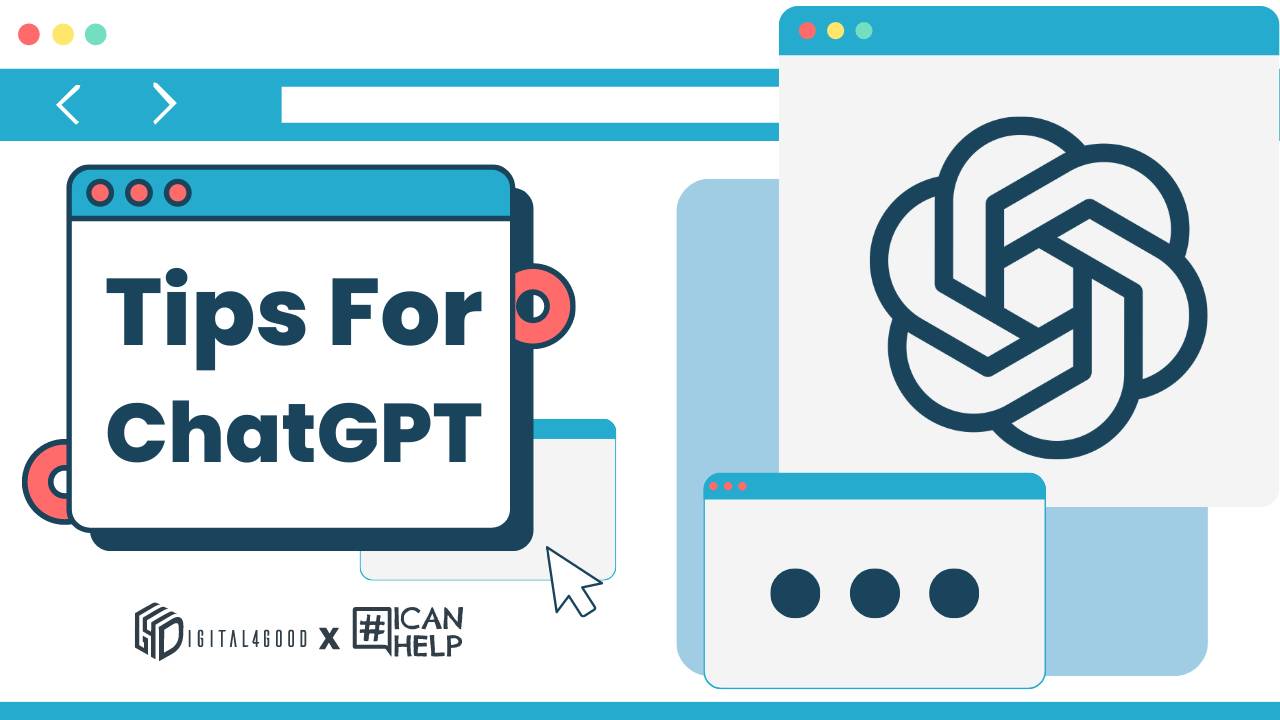Guide and Tips for ChatGPT: Educator and Students Version
May 31, 2023
Since it became viral, everything has been written by ChatGPT, from little comments to lengthy essays. But how does it actually operate, and may its written responses take the place of thoughts and works created by people?
ChatGPT is made to comprehend and produce language that sounds like human speech. ChatGPT can comprehend and answer a wide range of topics and questions since it was trained on a massive amount of data, including books, articles, and online conversations. One of ChatGPT’s primary purposes is to engage in conversations with users in natural language. Users can converse casually with ChatGPT and ask it questions, and it will react in a manner that resembles human interaction. Because ChatGPT can comprehend and respond to complex questions, it is a valuable tool for those looking for advice and information, especially educators and students.
Both educators and students can benefit from ChatGPT as a tool. Here are some pointers for utilizing ChatGPT in the classroom successfully:
For Educators:
Encourage students to use it as a reference tool
For students looking for information on various topics, ChatGPT is an excellent resource due to its capacity to comprehend and reply to complex queries. Even for mathematics, ChatGPT can solve problems. Encouraging students to use ChatGPT as a research reference, particularly for subjects like history and psychology, where conversational search engines could prove challenging to discover information.
Provide personalized feedback
ChatGPT's capacity to learn and advance over time makes it a valuable tool for providing individualized feedback to students. For instance, if an educator is having trouble getting students interested in mathematics, they might use ChatGPT to come up with suggestions or seek feedback on their teaching style. With the aid of ChatGPT, educators can examine their language and receive feedback on any areas in which they might need to modify their strategies, such as tempo, depth of detail, or usage of multimedia. Urging students to interact with ChatGPT and having them use the model’s responses as a jumping-off point for discussion and feedback.
Incorporate lesson plans
Using ChatGPT as a teaching tool and learning resource in your lesson plans can reduce the burden and workload on educators. For example, ChatGPT is an effective research tool because it can comprehend and answer complex queries. Teachers can advise students to utilize ChatGPT as a research tool for subjects where it would be challenging to discover information using conventional search engines. The model can help generate writing prompts or to facilitate discussion on challenging subjects.
For Students:
Improve writing skills
Students who want to develop their writing abilities can benefit from ChatGPT's text-generation features. For instance, ChatGPT can help students with their grammar and syntax assistance. It offers suggestions for amendments or changes. Students can learn to see and fix typical writing faults using ChatGPT as a writing tool. Engaging students using ChatGPT to create writing prompts or receive writing feedback.
Study aid
ChatGPT's ability to understand and respond to complex queries makes it a helpful study guide. Students can use ChatGPT to ask questions about complex concepts or to get additional information on topics they are studying. Regarding ChatGPT’s model, students can benefit by using them to complete their homework, understand complex concepts, and create practice questions. This can be especially beneficial for students having trouble understanding a specific idea or requiring extra guidance outside of the classroom.
Solving daily struggles
Although ChatGPT is not precisely created for daily tasks, it can still be a handful of tools in assisting with some daily tasks. For example, ChatGPT can help do meal preparation by providing specific dietary restrictions, ingredient preferences, or recipes. Moreover, ChatGPT can create a grocery shopping list based on meal plans or provide recommendations for ingredients based on a specific recipe.
It's crucial to remember that even though ChatGPT might be a helpful tool, conventional learning methods should still be used occasionally. Instead, it ought to be used to support in-class learning and as a means of promoting discussion and study. Educators and students can utilize the extensive NLP capabilities of the model to improve the learning process by integrating ChatGPT into their teaching and learning procedures.
Guide and Tips for ChatGPT: Educator and Students Version
By: Stephanie Lam, Seasonal PR Intern | Digital4Good
For more information and resources about digital citizenship, digital safety, and digital wellness, visit https://www.icanhelp.net.
Stay connected with news and updates!
Join our mailing list to receive the latest news and updates from our team.
Don't worry, your information will not be shared.
We hate SPAM. We will never sell your information, for any reason.


